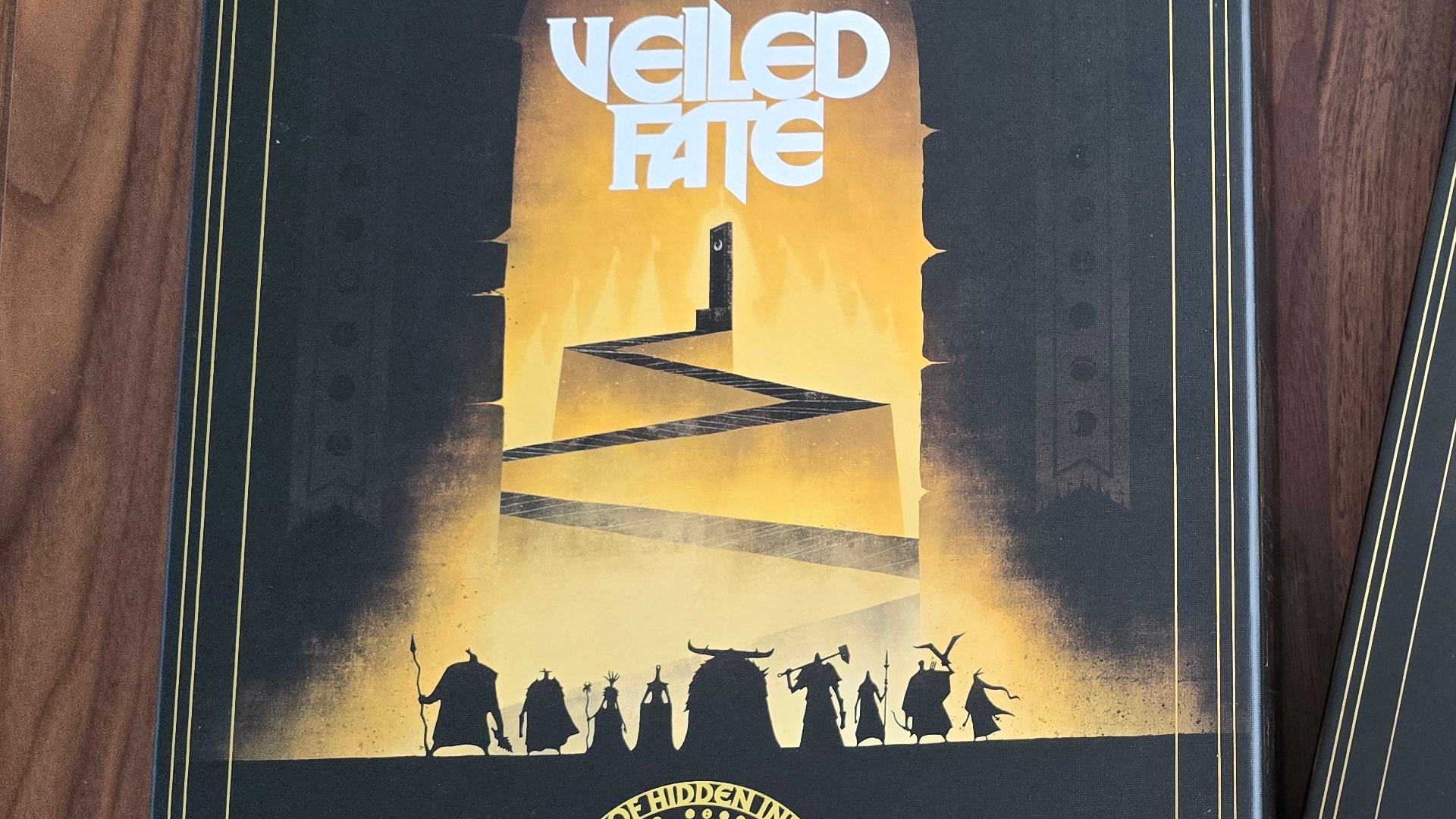The 32 greatest sci-fi TV shows of all time
Take a trek through some of the best sci-fi on the small screen.
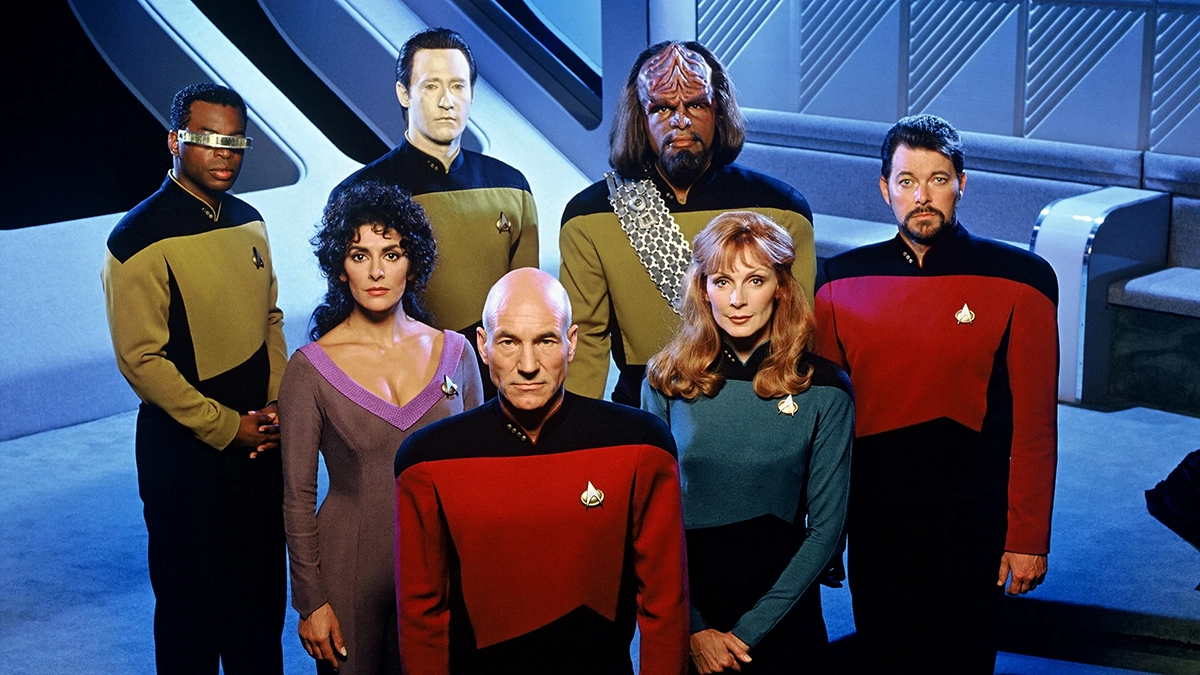
Star Trek, one of the greatest science fiction TV shows, famously declared that space was the final frontier; however, it turns out that many series have boldly explored the genre on the small screen.
Despite the (generally) smaller budgets that TV shows have compared to movies, there are countless great works of sci-fi just waiting to be rewatched or binged for the first time. It's a genre that seems endless with possibilities, taking us to new worlds and introducing us to some of the most creative characters ever made. But some stars truly do shine brighter than others, so these are 32 of the best sci-fi shows ever to grace the airwaves.
Here you'll find some of the usual suspects (spoiler alert: there is more than one Star Trek series on the list), but you'll also see anthology series, silly animated shows, high-profile streaming limited series, and classic episodic genre stuff. To paraphrase another iconic science-fiction show, the truth may be out there, but we're not lying when we say the following sci-fi series are fantastic.
32. The 100
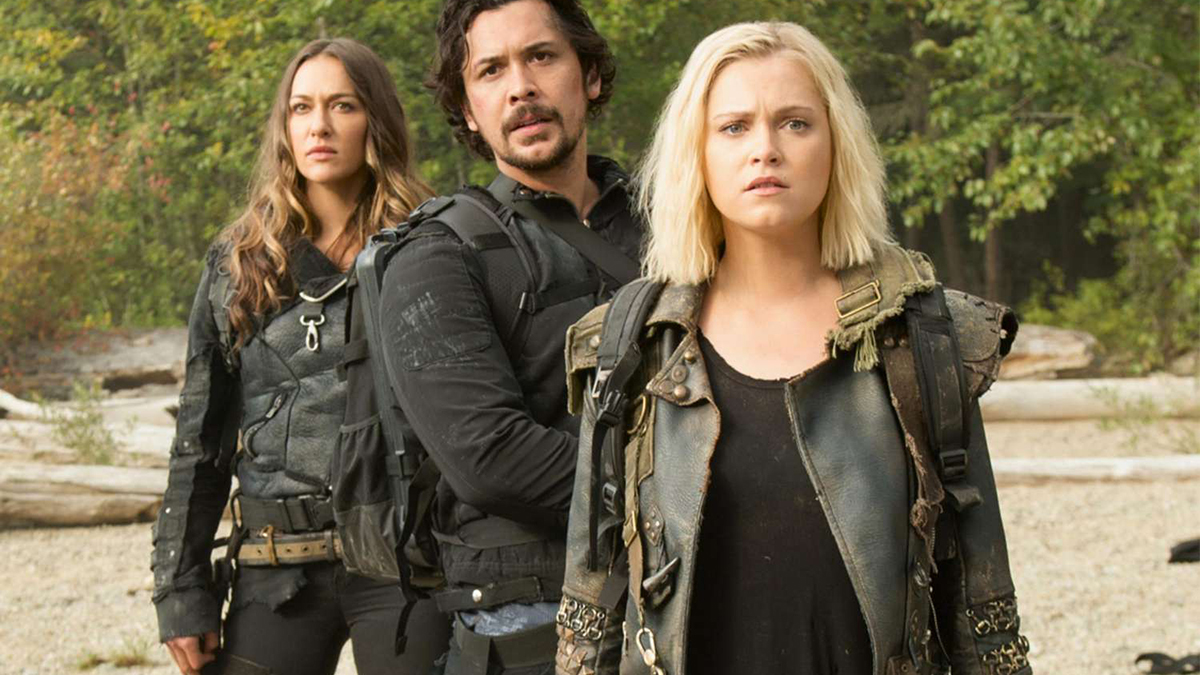
An adaptation of a young adult literature series of the same name, The 100 aired on the CW for seven seasons, following a group of juvenile delinquents who are the first people to be sent back to a post-apocalyptic Earth after their space habitat, known as the Ark, begins to fail. Now back on the surface nearly a century after the world was obliterated by nuclear war, these teens must determine if the Earth is inhabitable again, all the while dealing with their own personal drama and any other survivors who might still be living on the ravaged planet.
31. Resident Alien
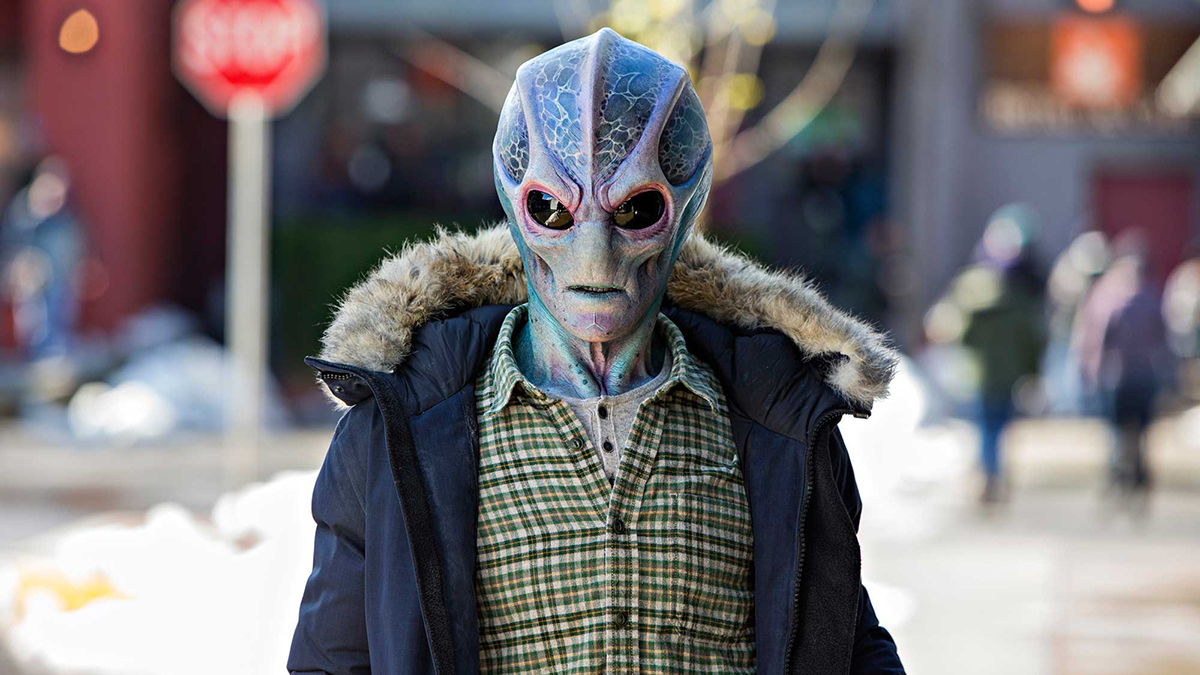
In this sci-fi comedy, Alan Tudyk stars as an alien with an unpronounceable name who comes to Earth and adopts the guise and identity of Dr. Harry Vanderspeigle in a small Colorado town named Patience. Initially determined to destroy the planet, "Harry" soon begins to develop a fondness for his new home planet as he tries to keep his extra-terrestrial nature hidden. Before too long, other sorts of aliens start coming to Patience, and not all of them have a hidden heart of gold like Harry. Resident Alien premiered on SYFY in 2021 and ran for four seasons before being canceled.
30. Stargate SG-1
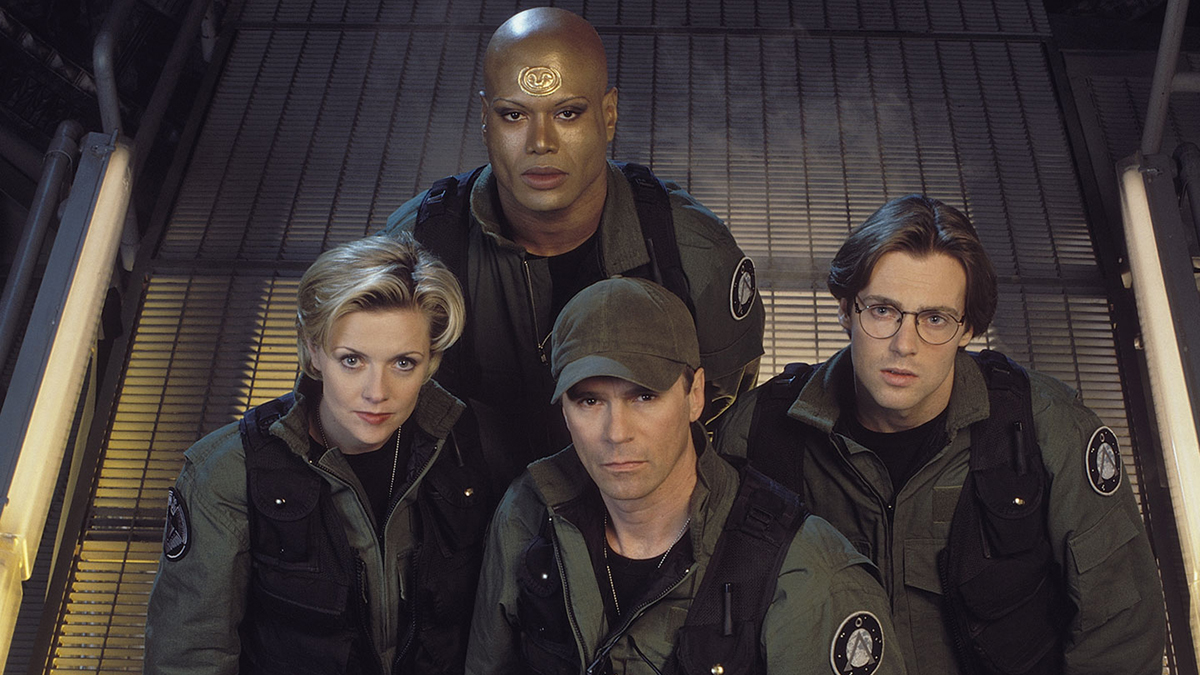
A spin-off of Dean Devlin and Roland Emmerich's 1994 Stargate movie, this series follows an elite military team as they go through a hidden wormhole (known as a Stargate) located in a top-secret military base. Upon stepping through, they visit distant alien planets, exploring them and scoping out these strange worlds for possible threats and anything they can use to keep Earth safe. Stargate SG-1 ran for 10 seasons and spawned a number of spin-offs itself, including Stargate Atlantis and Stargate Universe.
29. The Eternaut
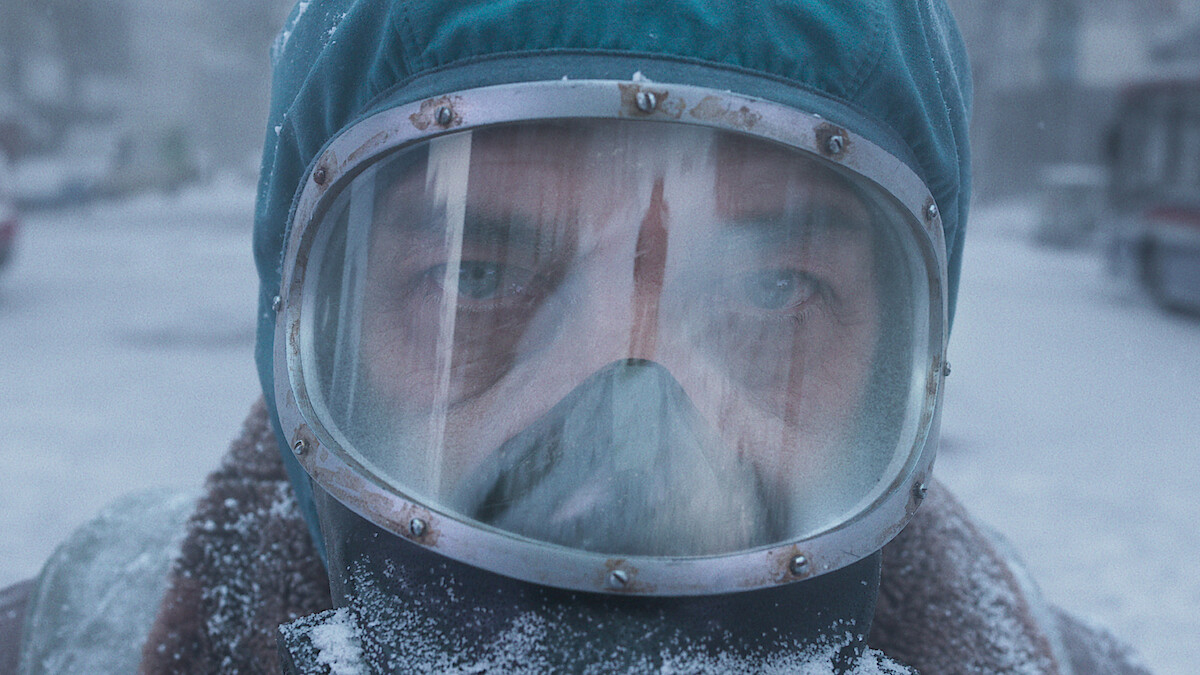
This sci-fi series from Argentina is based on an Argentine comic from the 1950s, but it only got adapted for the screen in 2025, and it became an international hit on Netflix. Set in Buenos Aires, The Eternaut takes place in the wake of a strange snowfall that kills most of the residents of the city, and the few survivors learn that the deadly weather was just the first wave of an alien invasion. And while attacking extraterrestrials might sound like a pretty standard sci-fi premise, the show dramatizes it eerily and uniquely.
28. Mystery Science Theater 3000
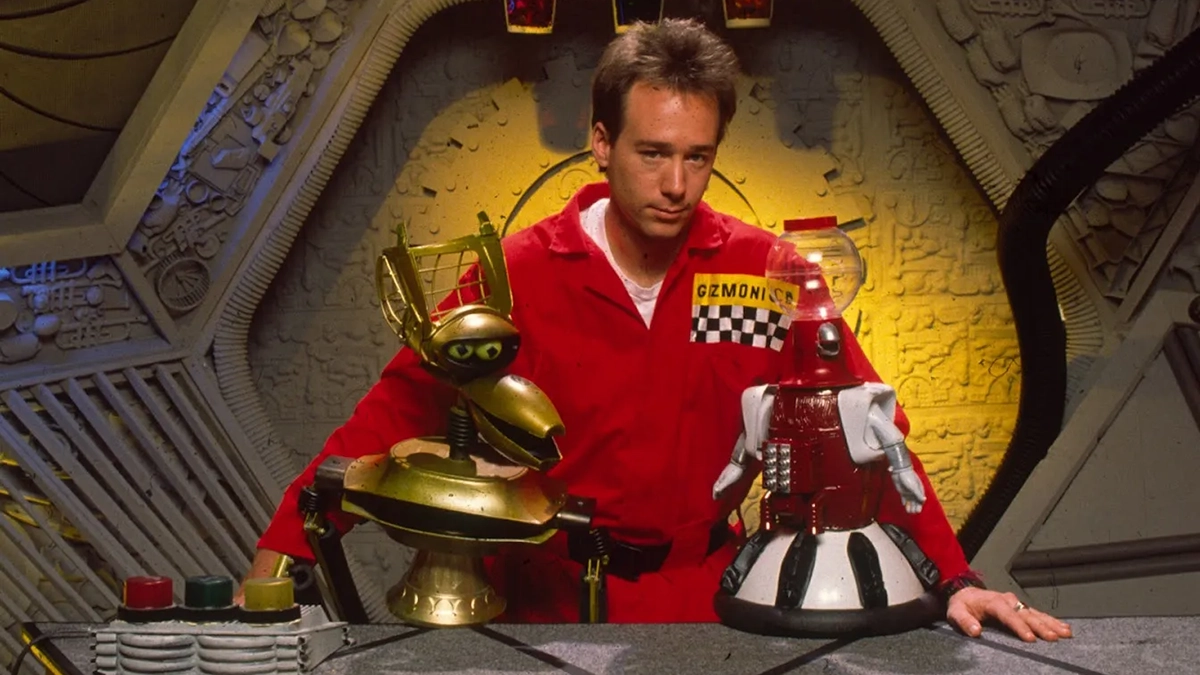
One of the greatest sci-fi shows is all about making fun of some of the worst sci-fi movies. Known as MST3K to fans, this cult classic followed a guy (originally series creator Joel Hodgson, but Michael J. Nelson and Jonah Ray eventually succeeded him as host) and his two robot friends, Tom Servo and Crow T. Robot (both puppets), as they riffed on old bad movies inside their satellite prison. Charmingly low-fi, Mystery Science Theater 3000 aired on a number of different channels and even, starting in the 2020s, its own online portal. If you have any problems with the sci-fi premise, repeat to yourself," It's just a show; I should really just relax."
27. Orphan Black
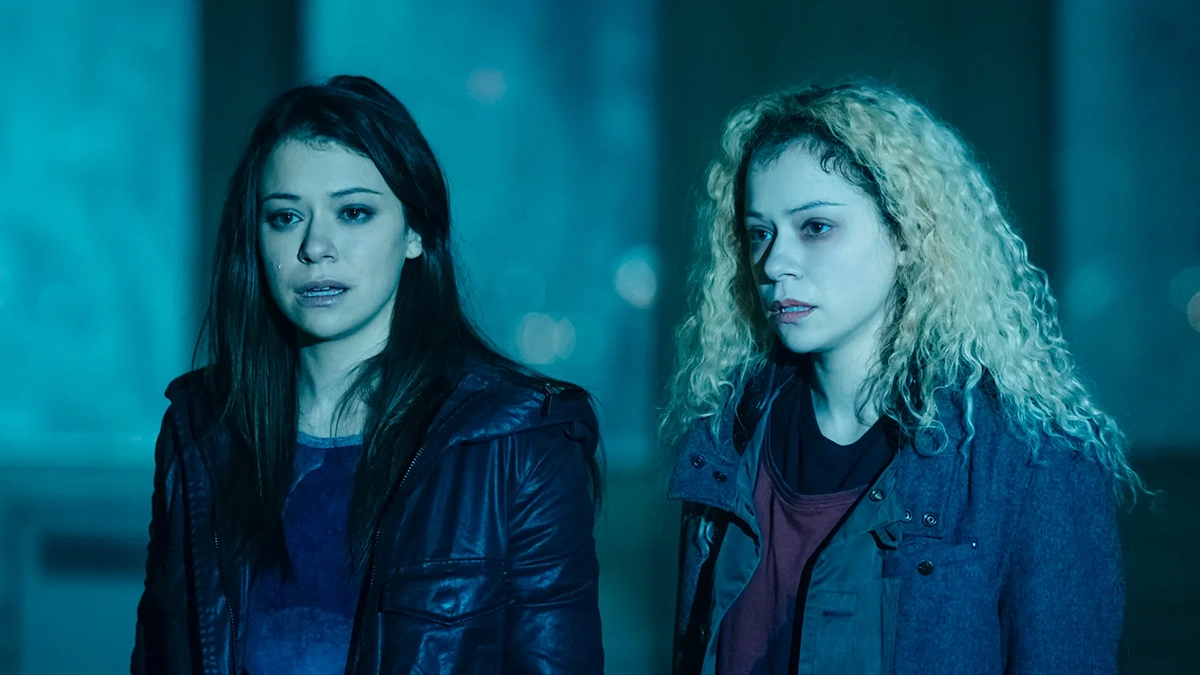
Tatiana Maslany made a name for herself playing well over a half-dozen different, distinct clones in Orphan Black, a sci-fi thriller that ran for five seasons in the mid-2010s. The series follows the ostensible main character, Sarah Manning, a Canadian con artist who discovers that she is one of several clones that are part of a shadowy, illegal human experiment, and the forces behind her and her "sisters'" creation are out to get them. Maslany was nominated for Outstanding Lead Actress in a Drama Series at the Emmys three times, winning in 2016.
26. 3 Body Problem
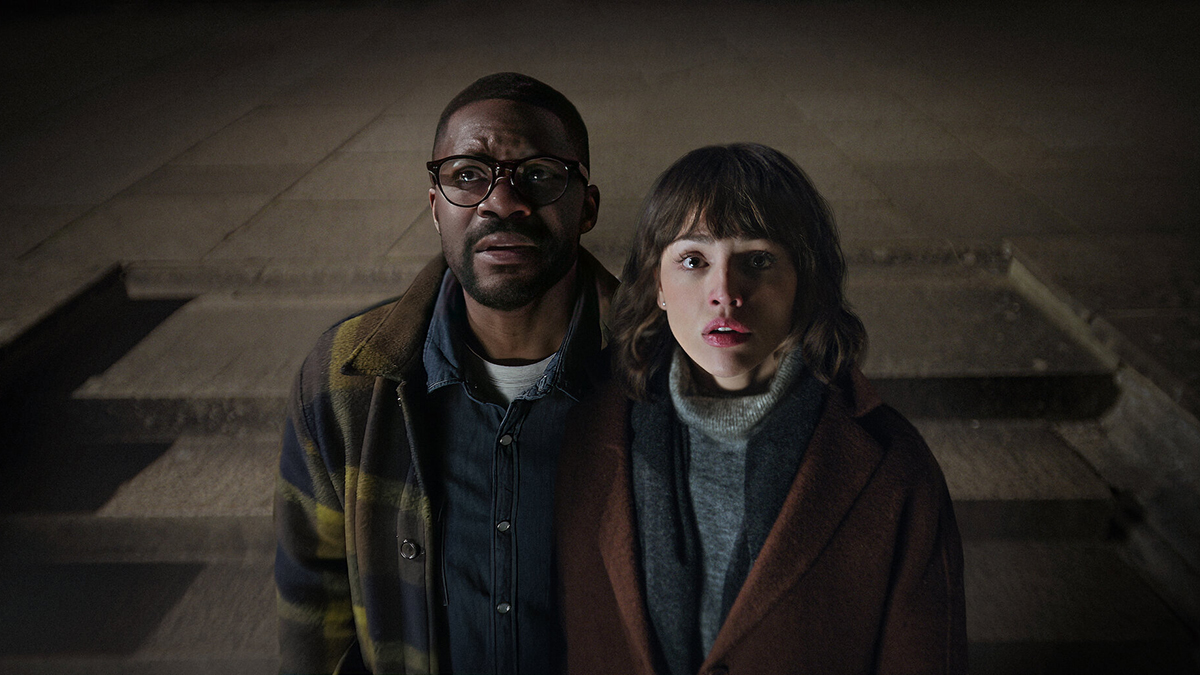
It's fair to say that Netflix's 3 Body Problem, an adaptation of the landmark Chinese sci-fi novel series Remembrance of Earth's Past and the first major post-Game of Thrones project from creators David Benioff and D.B. Weiss, underperformed. That may be, but there's still a lot to like about the series, which makes a number of adaptational choices that make the massive, extremely heady sci-fi books a little more palatable for TV viewers. Following a group of scientists as they grapple with an alien invasion that's centuries away but inevitable, 3 Body Problem can't quite match the mind-blowing books, but it's hardly dumb, and it does the setpieces justice.
25. Sense8
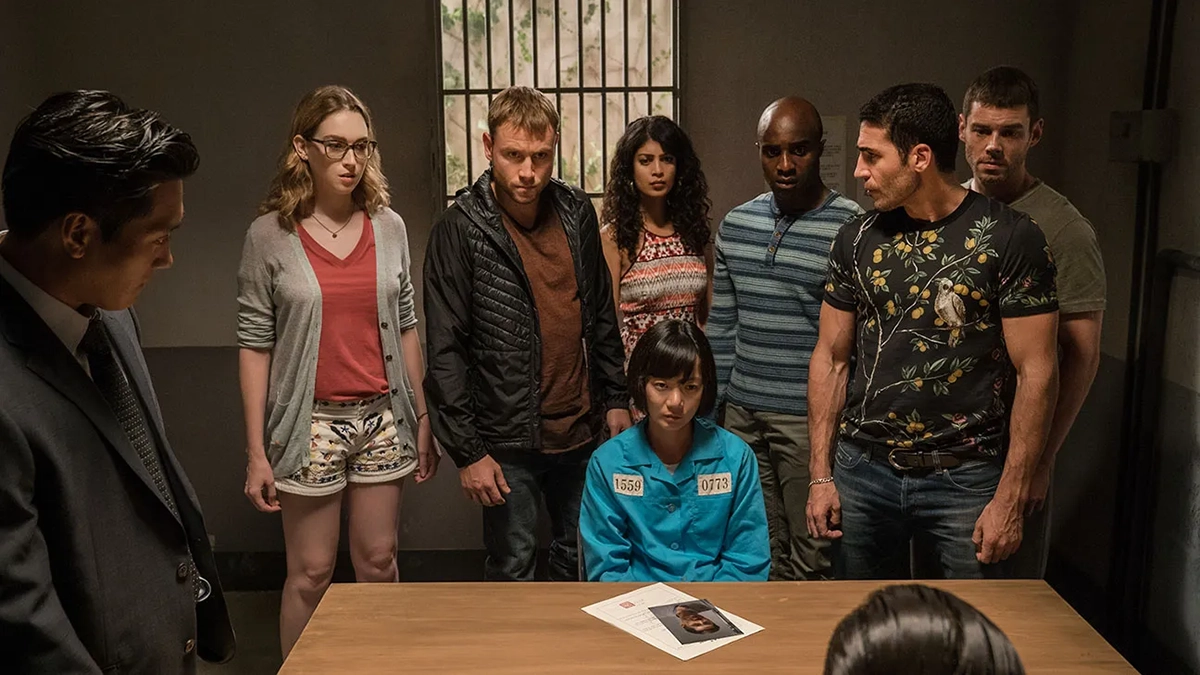
Lana and Lilly Wachowski, creators of The Matrix, were behind this early cult favorite for Netflix. The series follows eight diverse individuals from different parts of the world with very different lives—including a South Korean underground kickboxer, a trans San Francisco hacktivist, and a Nairobi taxi driver—who discover that they are mentally and emotionally connected. Many fans saw themselves in this story, which tracked the eight as they explored their mysterious link, and applauded how it went to new frontiers when it came to on-screen representation. It was canceled after two seasons, but following an outcry from fans, the cliffhanger ending led to a feature-length special in 2018 that finally wrapped up the story.
24. Stranger Things
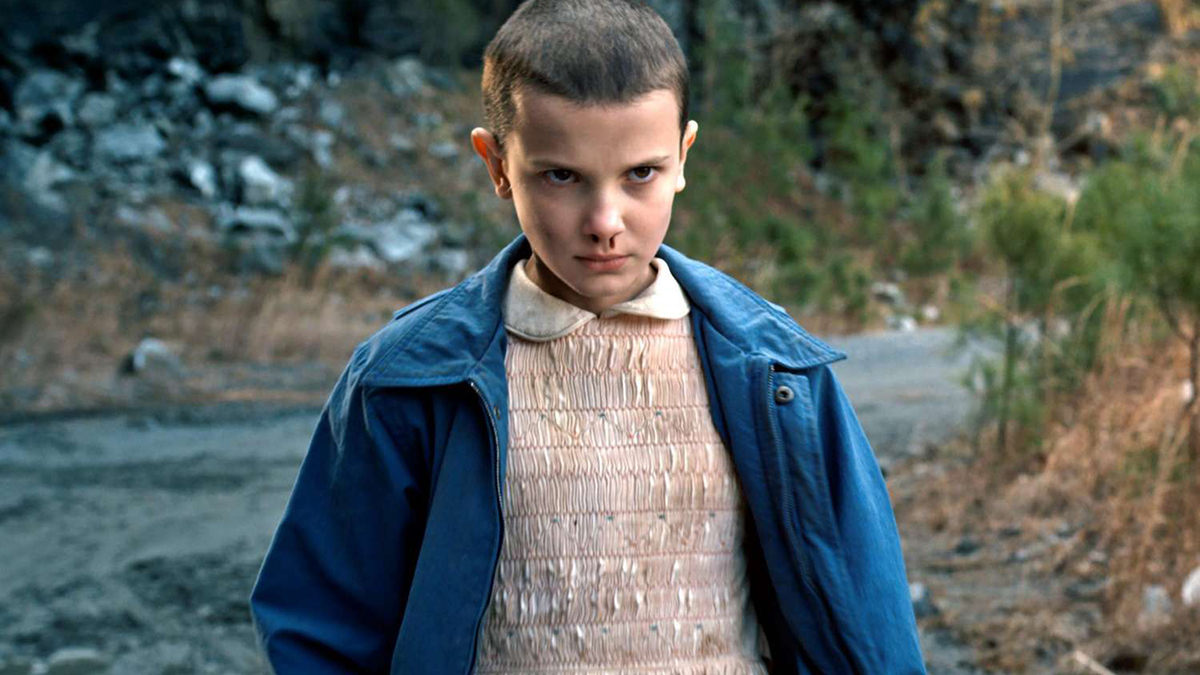
Netflix's smash sensation blends sci-fi, horror, and a whole bunch of '80s nostalgia. The first season of Stranger Things was a breakout success, following kids, teens, and adults in Hawkins, Indiana, after a boy disappears and they all start searching for him in their own way while investigating the weird things that are starting to happen around them. As the series continues, it's revealed that a secret experiment has opened up a portal to an alternate world known as the Upside-Down, which is full of monsters—and worse. Stranger Things minted many stars, including Millie Bobby Brown, who made her debut as the Eggo-loving telekinetic Eleven.
23. Fringe
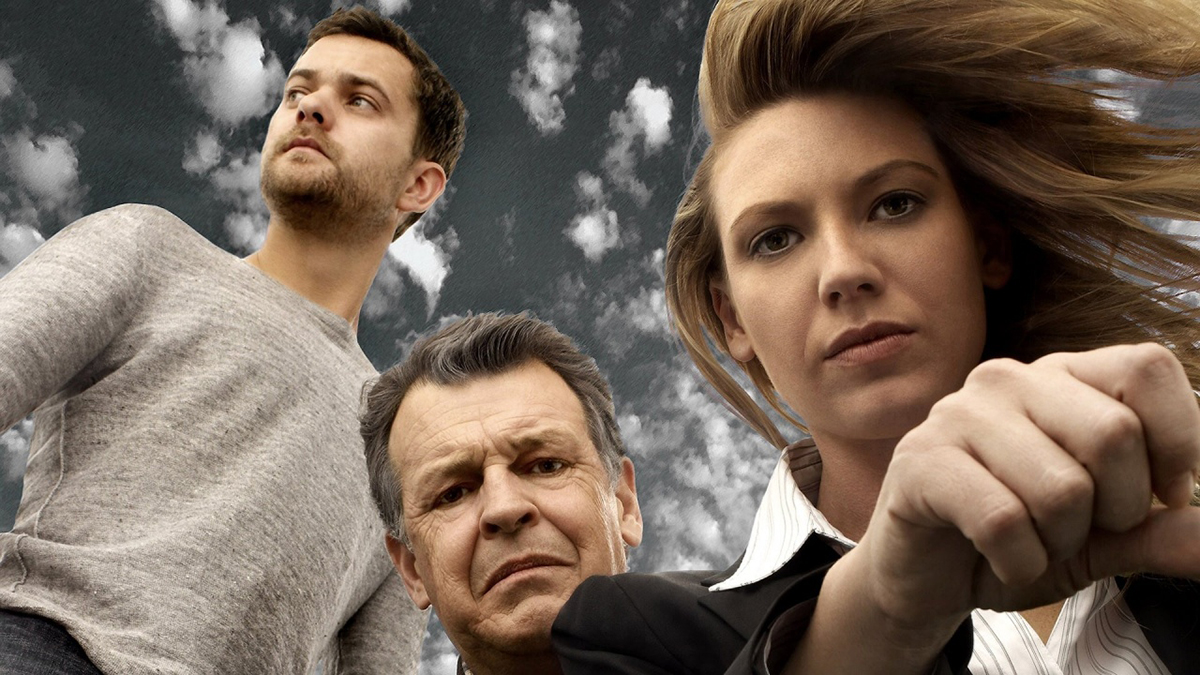
If the '90s had The X-Files, the late-'00s and early-'10s had Fringe. Anna Torv starred as an FBI agent who must work with her somewhat deranged scientist father (John Noble) to investigate paranormal occurrences. Boasting a complex lore involving parallel universes, branching timelines, and some of the most developed and elaborate world-building the small screen has ever seen, Fringe became a cult classic that ran for five seasons before its cancellation in 2013.
22. Firefly
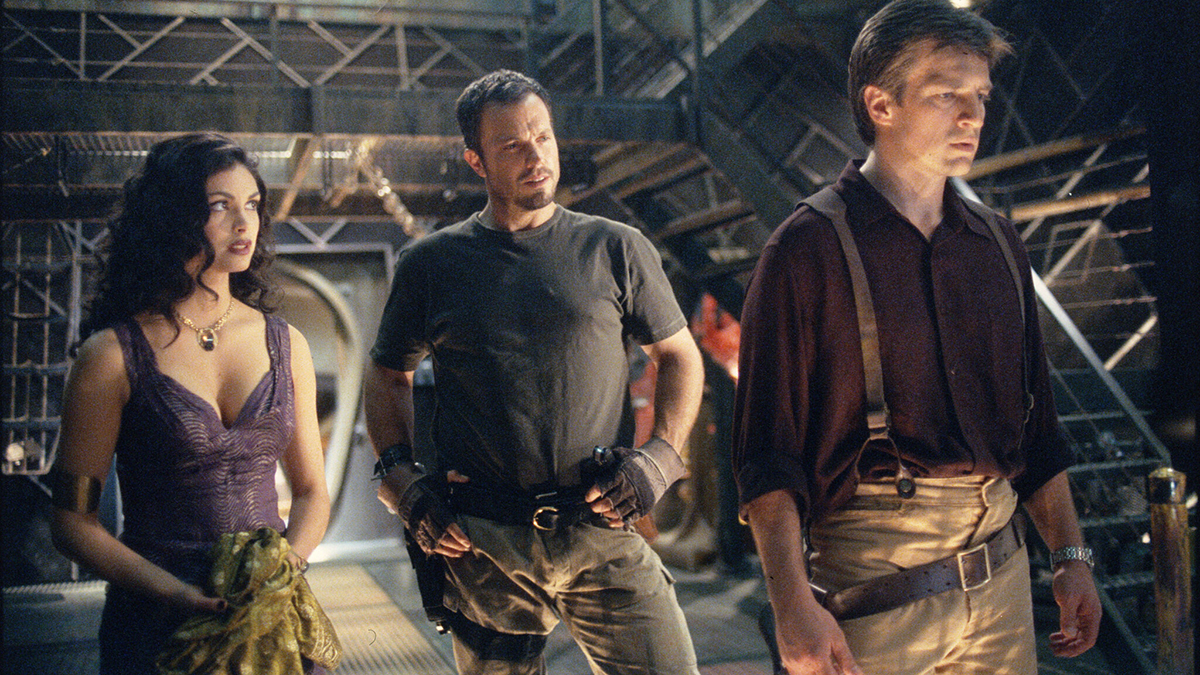
Perhaps the epitome of a cult classic, Joss Whedon's Firefly may have been short-lived, but it left a long legacy. A space Western that briefly aired on Fox in 2002 before it was canceled after only 11 of the 14 episodes had aired, Firefly followed a group of characters living on a ship called the Serenity on the frontier of the state system. Nathan Fillion, Gina Torres, Alan Tudyk, and Morena Baccarin lead the cast. Firefly's premature cancellation became the stuff of geek legend, and it continued in a movie, Serenity, comics, and board games, and in the hearts of many devoted fans.
21. Alien: Earth
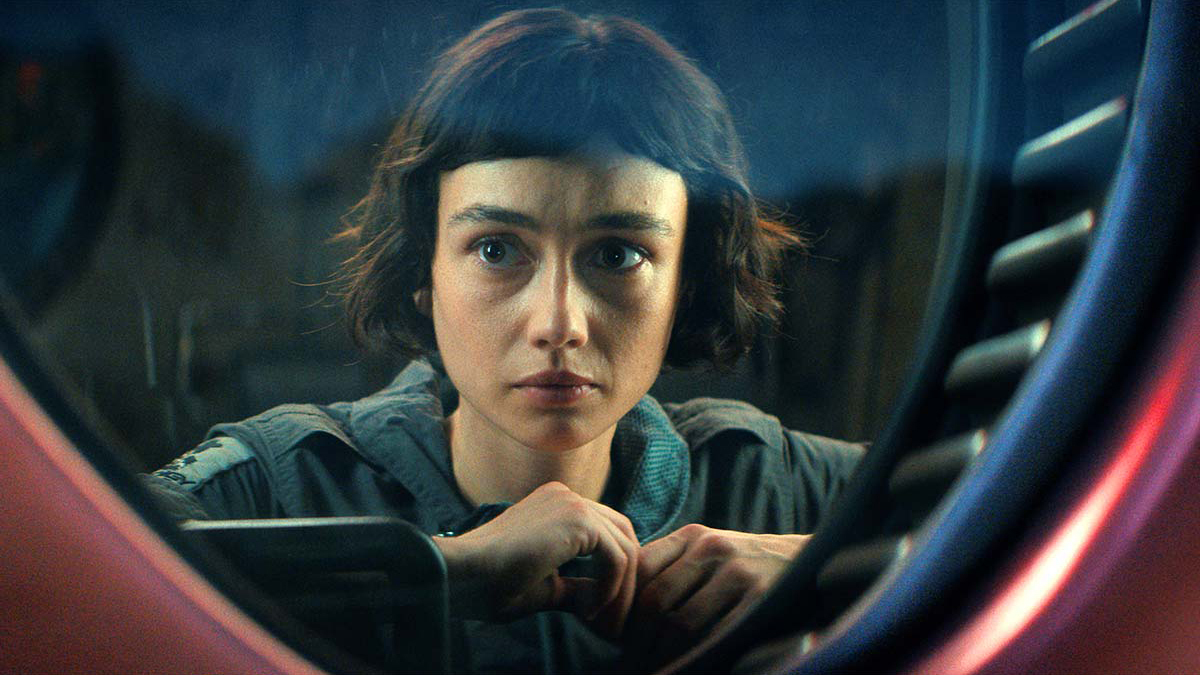
Having already established that he could take an iconic work of cinema and put his stamp on it on the small screen with Fargo, Noah Hawley turned to Alien, the classic chest-bursting sci-fi horror. Alien: Earth is set two years before the original Ridley Scott masterpiece (though it's nominally in its own continuity), and follows a young terminally ill girl (Sydney Chandler) whose consciousness has been transferred into a synthetic body. While she's grappling with her new body, a massive spaceship carrying Xenomorphs and other dangerous creatures from other worlds crash-lands in the middle of a city. In space, no one can hear you scream… but what about on terra firma?
20. Severance
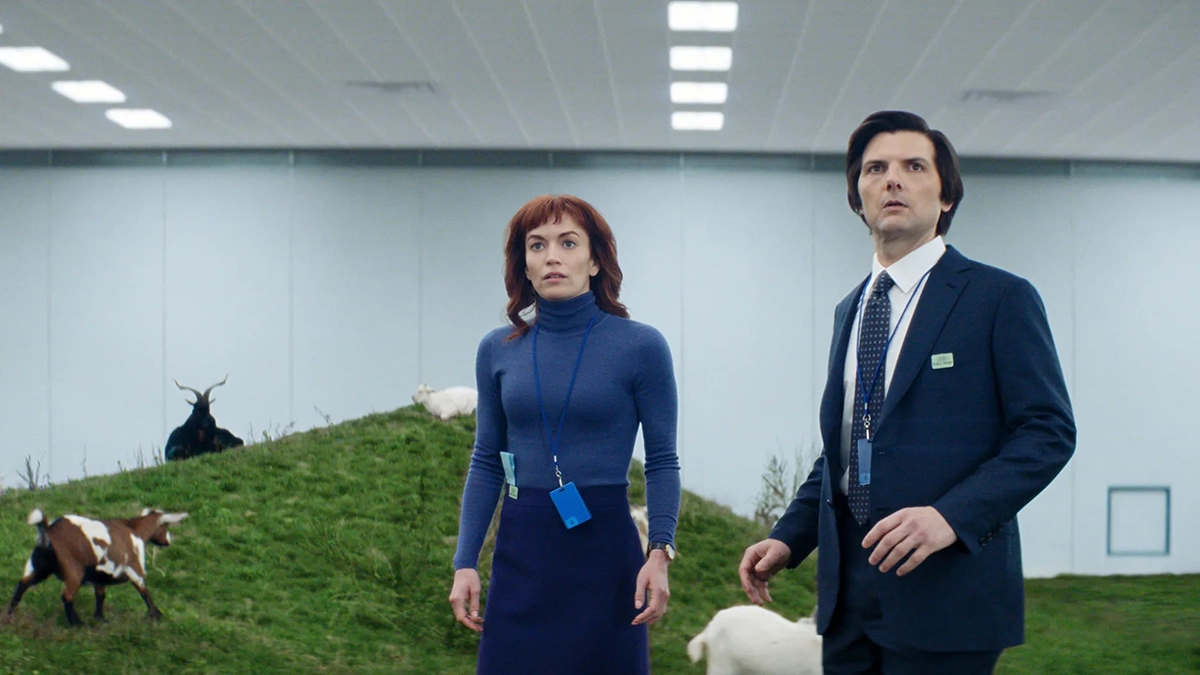
The concept of a work-life balance gets turned inside out in the acclaimed Apple TV Plus series. Executive produced by Ben Stiller, Severance is about a group of workers (Adam Scott, Zach Cherry, Britt Lower, and John Tuturro) whose personalities have been split. When they're at work, they don't remember anything they've done or who they are outside of the office, and vice versa. It becomes clear that the strange work they've been doing is part of an odd, ominous conspiracy. At times, Severance threatens to let its considerable style get in the way of its substance, especially in the second season, but it's a singular and thrilling TV experience.
19. Fallout
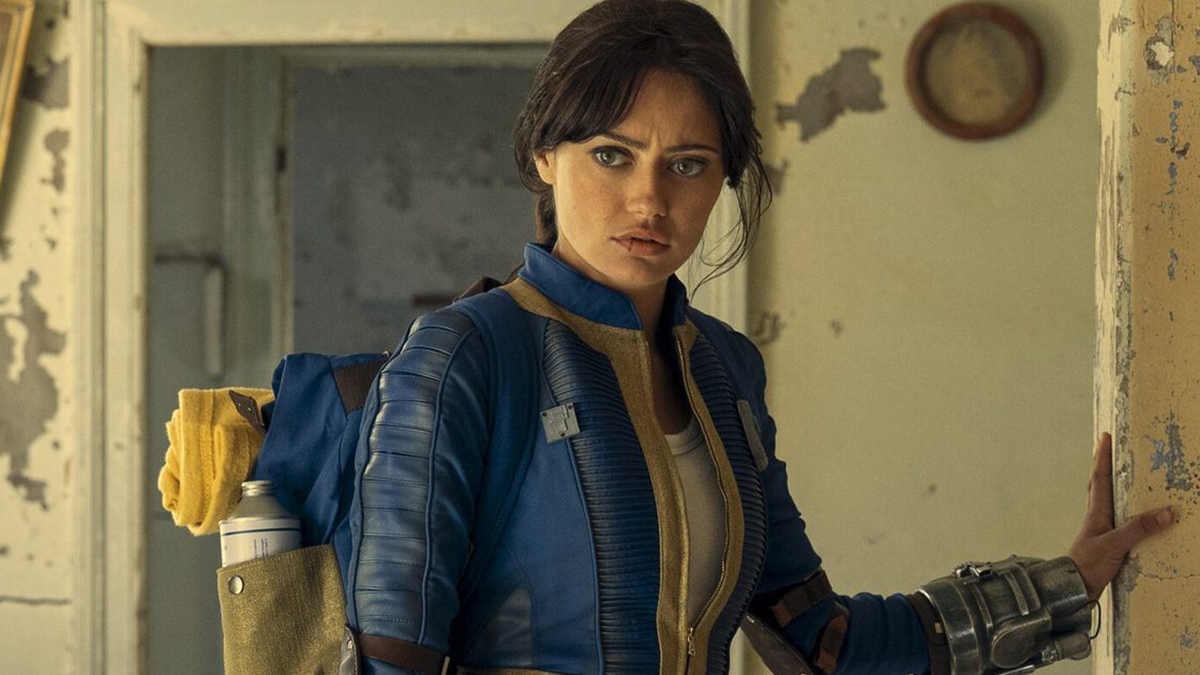
One of the best video game adaptations on TV, Fallout is set in the same post-apocalyptic, retro-futuristic world as the long-running RPG game series. Some 200 years after nuclear war destroyed and mutated an alt-history version of the world, naive Lucy MacLean (Ella Purnell) emerges from the underground shelter where she's lived her whole life and finds out what's on the surface. Walton Goggins stars as The Ghoul, a man who was once an actor named Cooper Howard in the pre-war days (as seen in flashbacks) but who now roams the wasteland as a noseless, mutated gunslinger. Like the video games, the show manages to be both heady, disturbing sci-fi and quite darkly funny.
18. Black Mirror
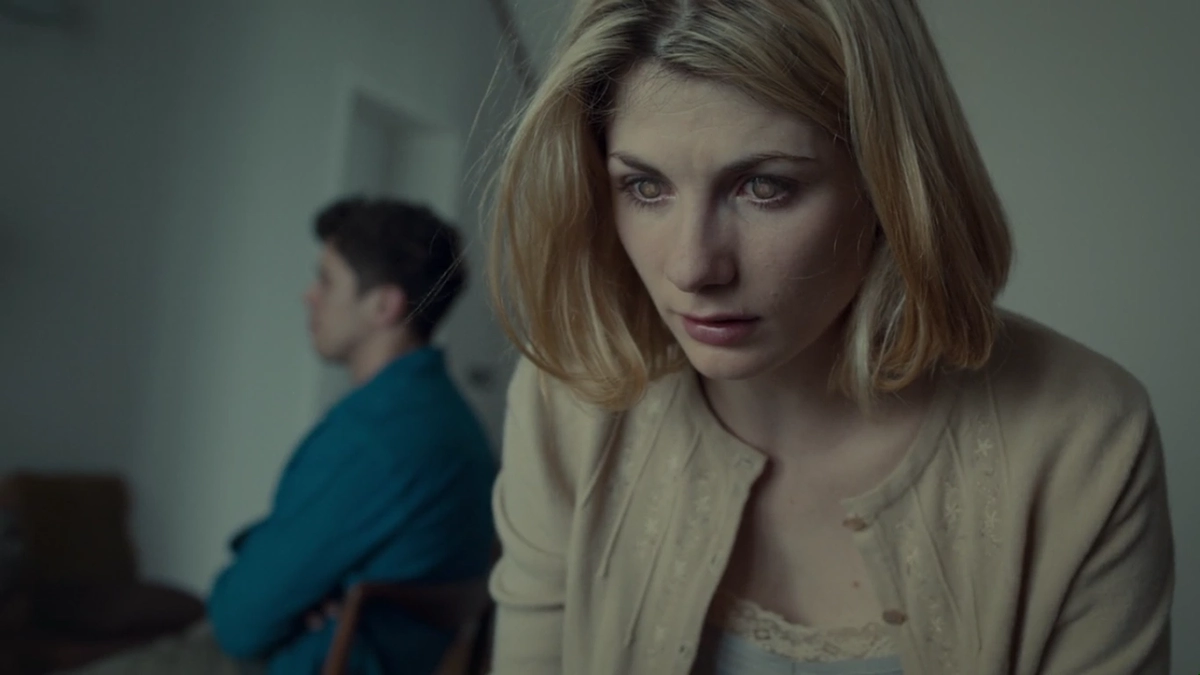
Charlie Brooker's anthology sci-fi series is often called The Twilight Zone for the modern digital age, and while that comparison is perhaps a tad reductive, it's not inaccurate. Airing two seasons in the UK on Channel 4 and then several more on Netflix, Black Mirror explores our often fraught relationship with our phones, the internet, and technology in general in imaginative, disturbing ways—like what would it be like if you could get a robot double of a deceased loved one, or what would a digital afterlife really entail?
17. Silo
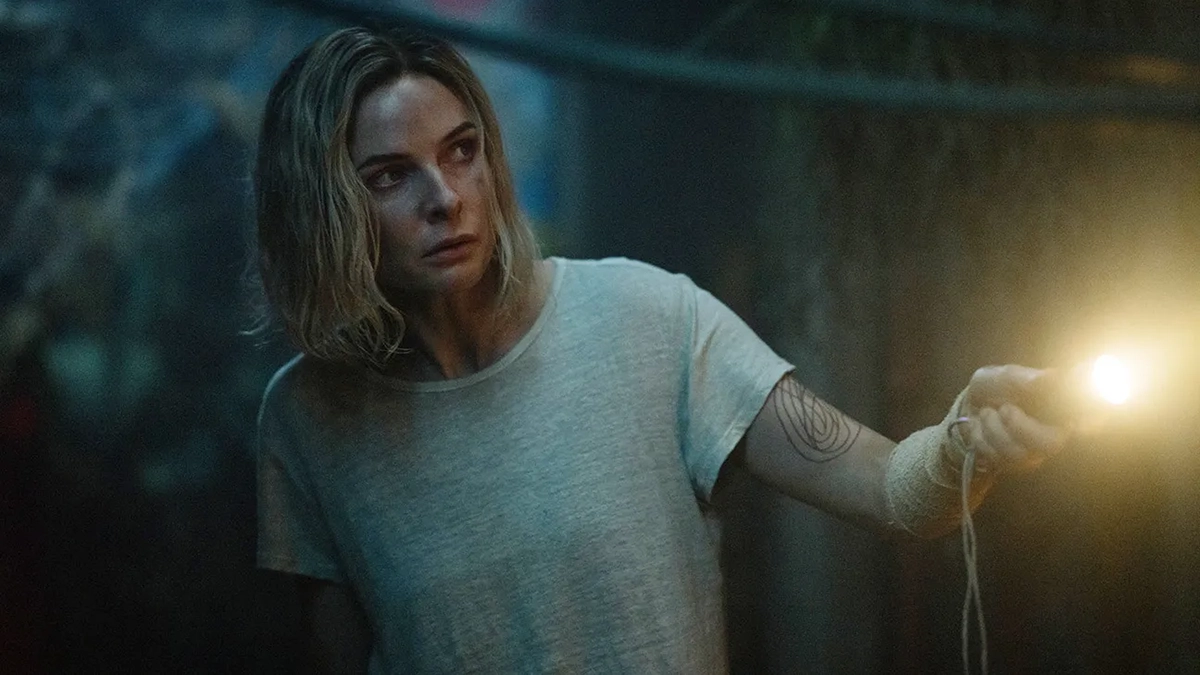
Rebecca Ferguson leads this hit Apple TV Plus series set in a post-apocalyptic world where humanity lives inside an underground silo in a dystopian society. Her character, an engineer named Juliette, gets herself involved in a search for the truth about the silos—and what's really outside the safety of its massive circular walls. Based on the novels Wool, Shift, and Dust by author Hugh Howey, Silo is an engaging sci-fi mystery filled with twists, turns, and shocking reveals.
16. Futurama
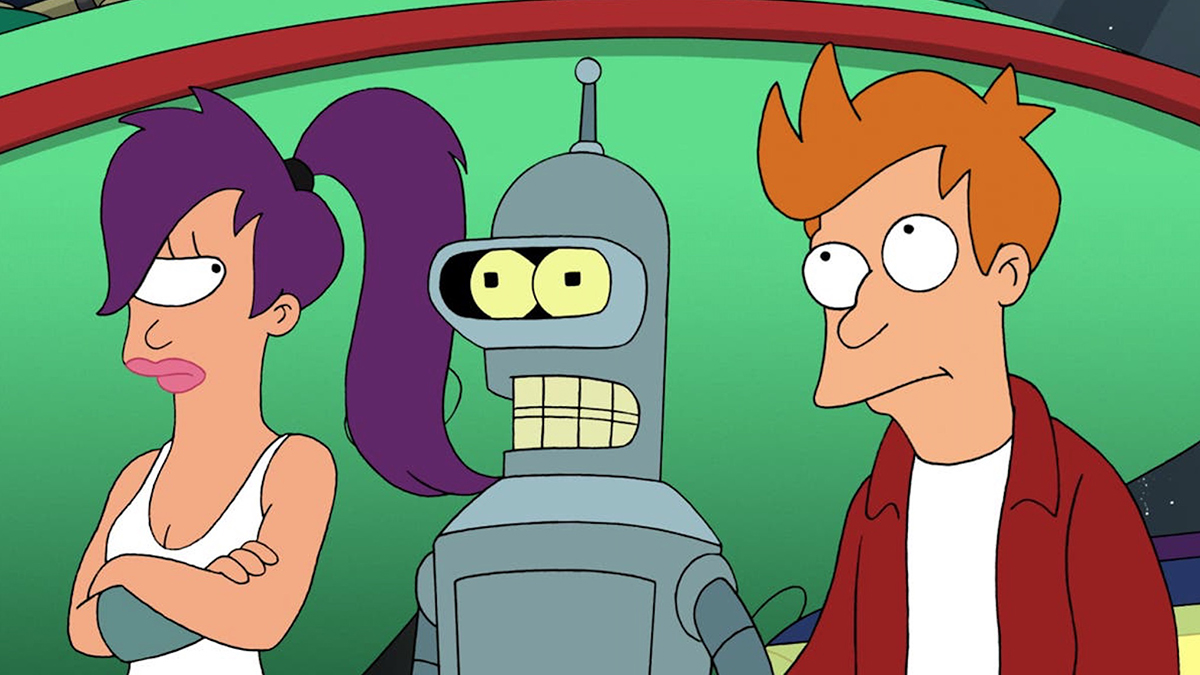
The Simpsons creator Matt Groening's other animated sitcom is a triumph in its own right. Philip J. Fry (Billy West) is a pizza delivery boy in the year 1999 when he accidentally gets himself frozen for a thousand years, waking up in New New York City in the year 3000, where he meets his robot best friend Bender (John DiMaggio) and cyclops love-interest Leela Katey Sagal. Futurama is hilarious and smart (as one would hope, given that several members of the writing staff have advanced PhDs).
15. Lost
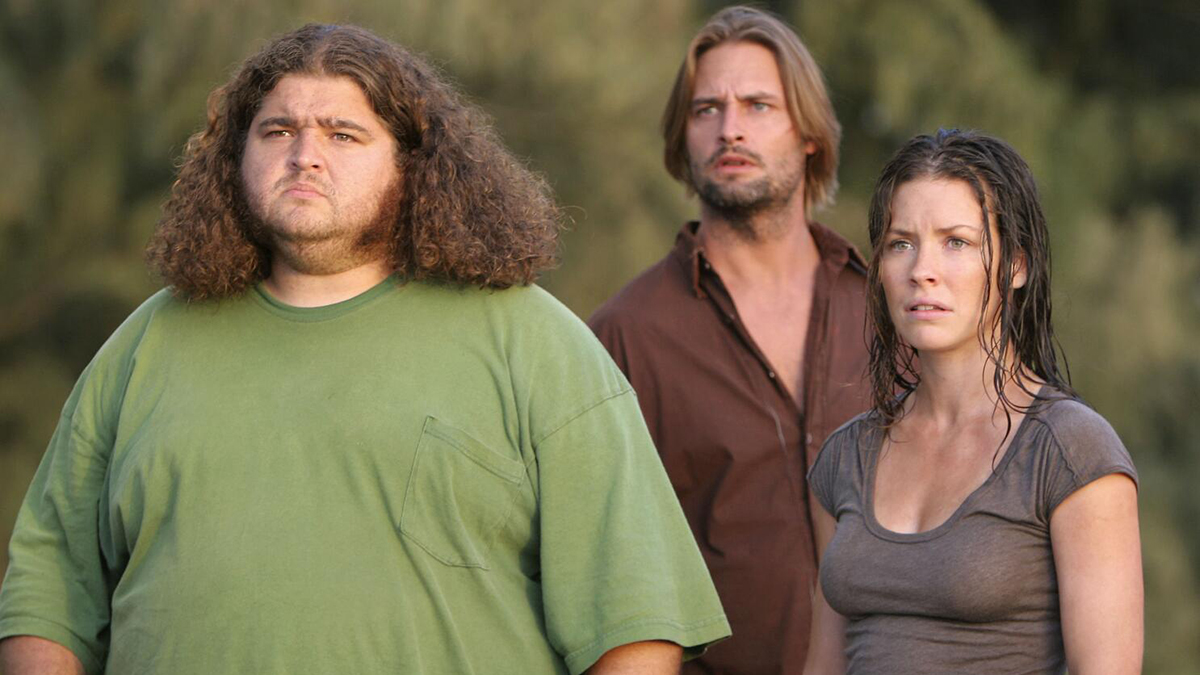
Complain all you want that Lost didn't stick the landing (though even then, there are passionate defenders of the finale). It doesn't change the fact that Lost was incredible mystery box-style television and is regarded as one of the best and most influential shows ever to air. An ensemble cast of characters found themselves stranded on a deserted island after their plane crashed, only to discover stranger and stranger phenomena as the show went on. Flashbacks (and eventually flash-sideways, a term that makes sense in context) deepened the lore and audience's connections with the survivors.
14. Doctor Who
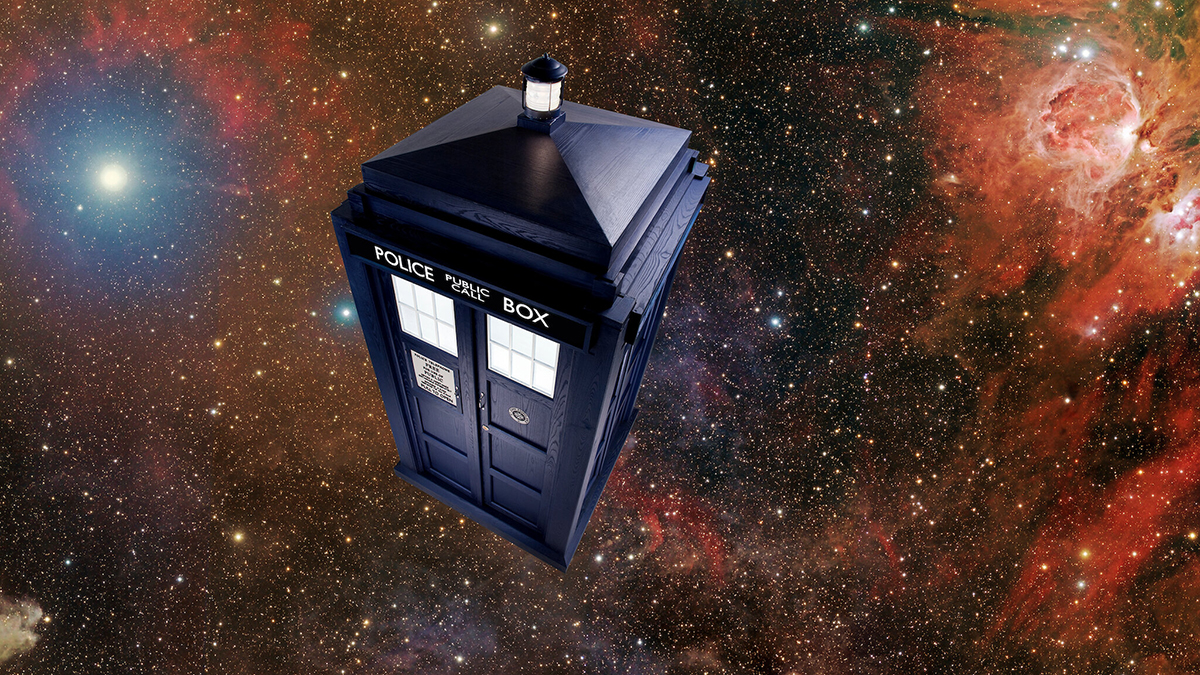
An iconic work of British sci-fi, Doctor Who has looked very different over the years, both because the long-running show premiered way back in 1963, but also because the main character, a Time Lord known as the Doctor, has regenerated into a different actor more than a dozen times. Regardless of how he (or she!) looks, or how elaborate the production values are (the series has looked a lot more polished since it was revived in 2005), the timey-wimey gist is the same: The Doctor and their companions get in their time-traveling police box known as TARDIS and have adventures.
13. Cowboy Bebop
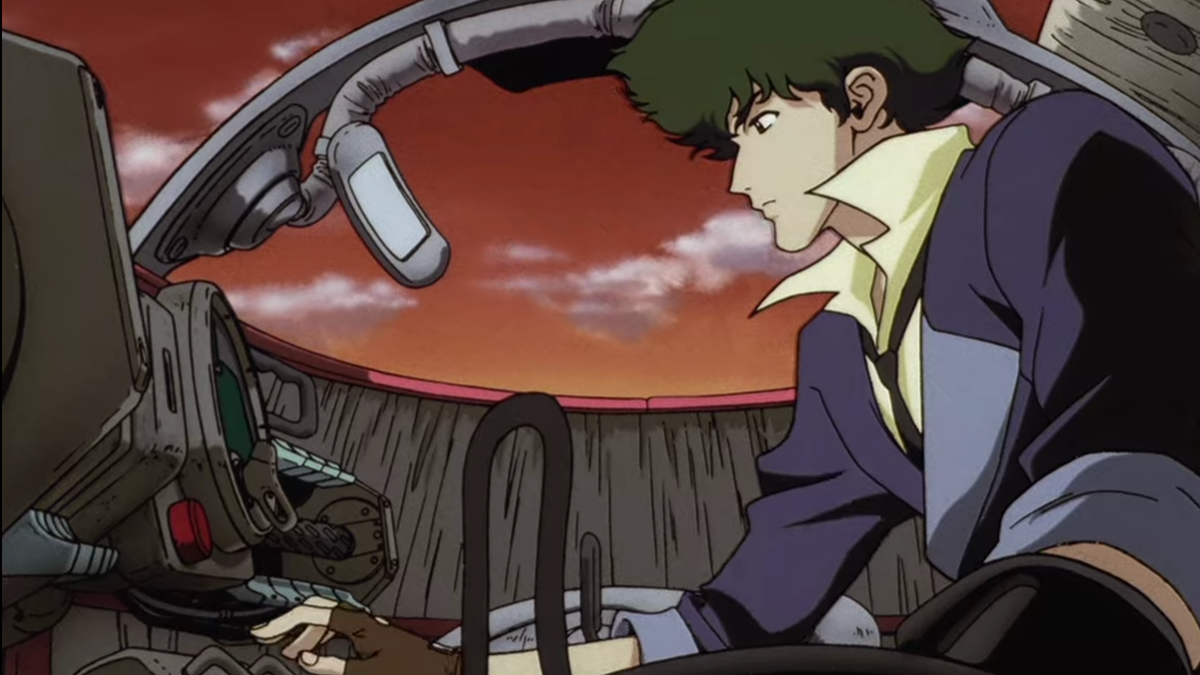
"I think it's time we blow this scene. Get everybody and the stuff together. Okay, three, two, one, let's jam." Almost certainly the most stylish sci-fi series ever made, Cowboy Bebop is a legendary anime. Boasting a slick aesthetic and a great jazzy soundtrack, Cowboy Bebop followed a group of bounty hunters as they took missions around the star system. Although just 26 episodes long, the highly acclaimed show's influence is massive. Many sci-fi shows, animated or otherwise, have attempted to match Cowboy Bebop's coolness. Few have succeeded.
12. Rick and Morty
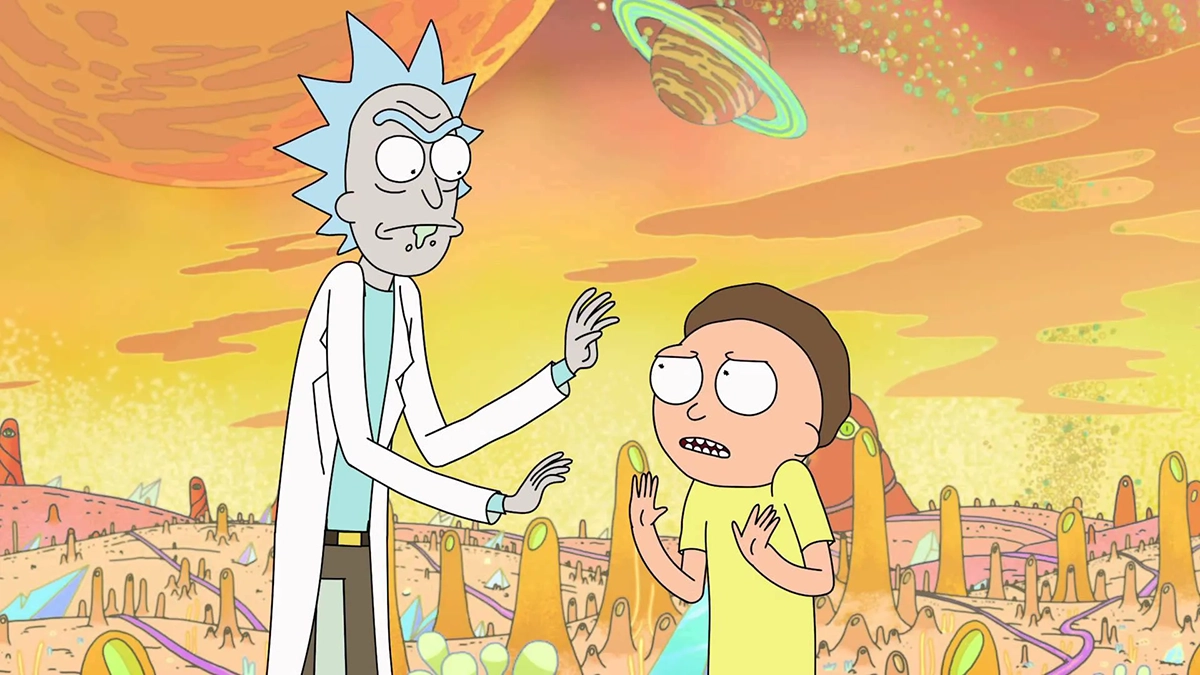
Though dogged by an occasionally toxic fanbase, Adult Swim's hit series Rick and Morty is fantastic sci-fi comedy, managing to be gut-bustingly crass and devastatingly smart. The titular Rick is a mad scientist who hops through alternate realities on adventures with his grandson, Morty. These escapades often have the duo poking fun and subverting classic genre tropes, but just as often they're revealing some insightful hard truths about the purpose of life—or relative lack thereof.
11. Star Trek
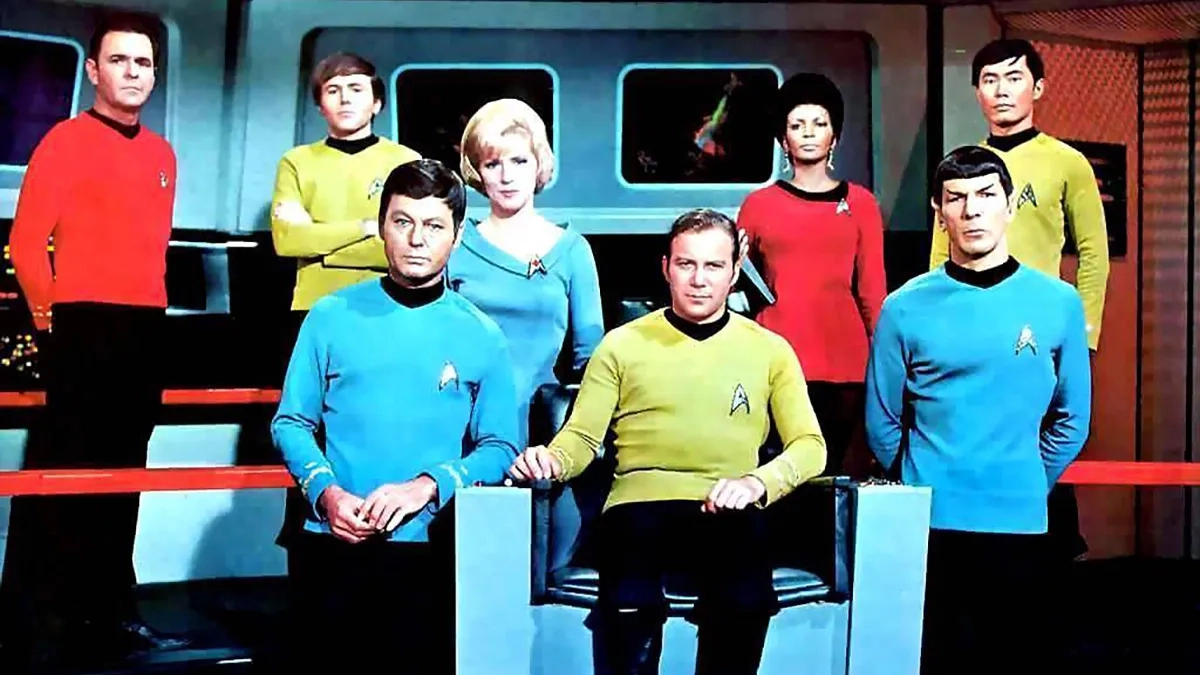
Almost certainly the most important sci-fi shows ever made, the worst thing you can say about Gene Roddenberry's '60s Star Trek series is that some of the shows that came after it are better than the original. Nevertheless, the voyages of the starship Enterprise are delightful TV, and the premise and cast of characters—including William Shatner's Captain Kirk and Leonard Nimoy's Spock—are rightfully iconic. It's no wonder Star Trek inspired an entire subculture, Trekkies, despite only being on the air for three seasons.
10. Counterpart
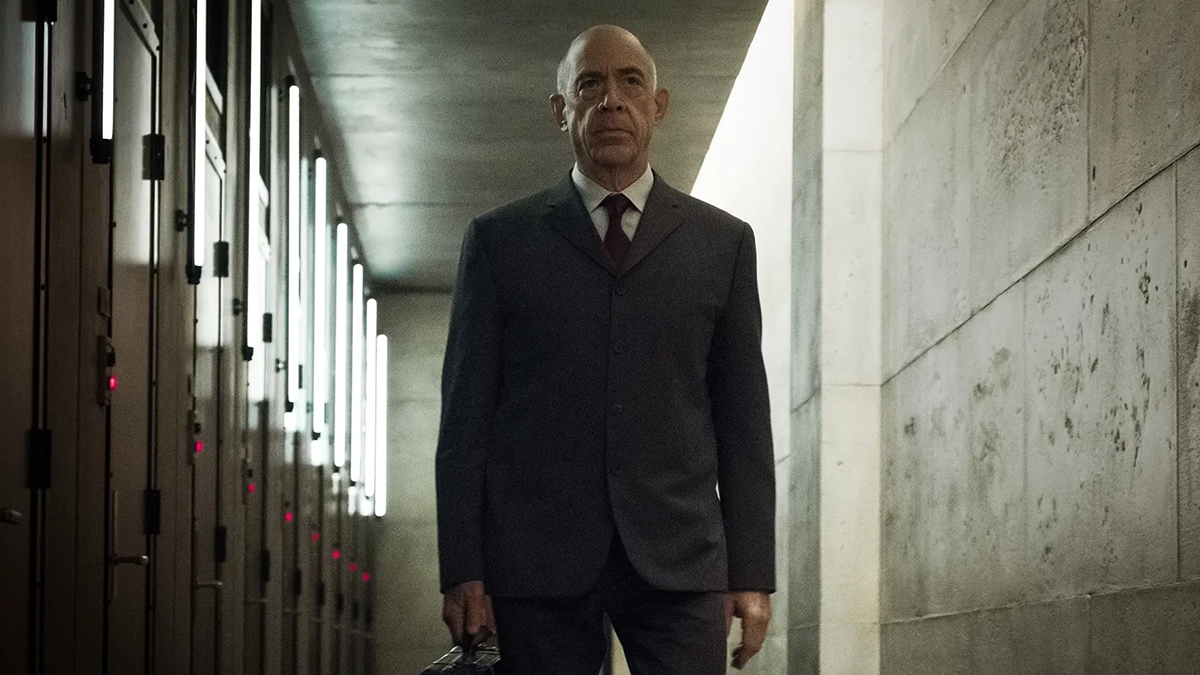
J. K. Simmons plays dual roles in this criminally under-appreciated sci-fi espionage thriller, which ran for two seasons on Starz in the 2010s. Set in present-day Berlin, Counterpart swaps the Berlin Wall of the Cold War for a sci-fi plot device; 30 years ago, an experiment created a parallel world, and the only way to get from one reality to the other is through a checkpoint in Germany's capital city. However, in the decades since the two worlds split, history has gone very differently, and they're in a covert cold war against each other. Simmons plays a meek character from our reality who must work with his hard-edged counterpart from the other universe when a conspiracy that threatens both worlds emerges.
9. The Twilight Zone
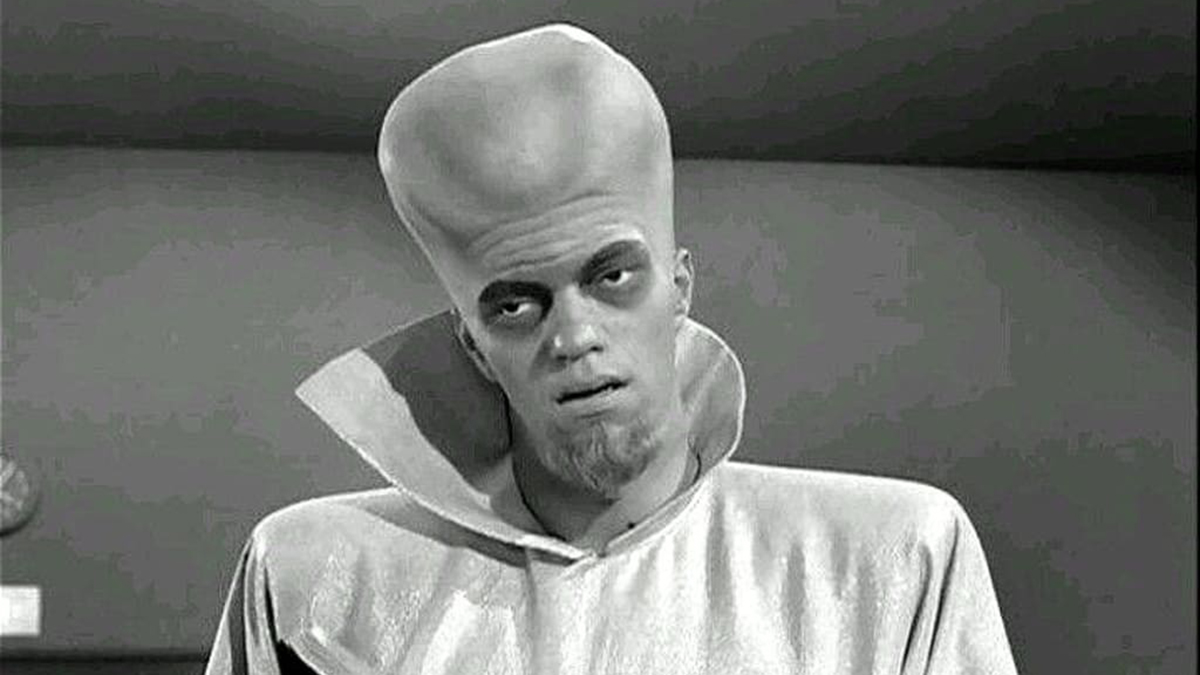
Though not always a sci-fi series—plenty of episodes feature ghosts or more fantastic supernatural fare—The Twilight Zone is still undeniably one of the greats of the genre. An iconic anthology series, The Twilight Zone has tons of great episodes, many of which do explore the stars, visitors from other worlds, or pseudo-scientific phenomena. "Will the Real Martian Please Stand Up," "To Serve Man," and "The Monsters Are Due on Maple Street" are standouts in this regard.
8. Battlestar Galactica
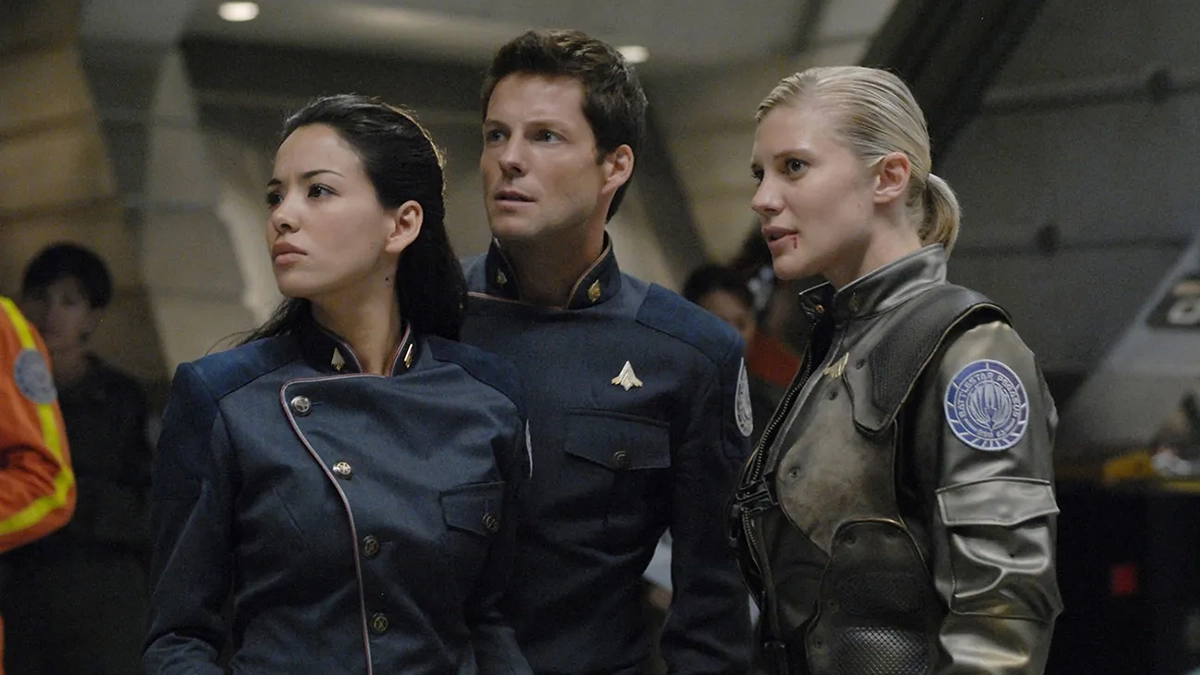
The original 1978 Battlestar Galactica series was cheesy and charmingly corny sci-fi. The 2004 remake is a staggering work of genre storytelling; a complex tale that had plenty of relevance to the Global War on Terror, which had recently begun. Set aboard the titular ship, Battlestar Galactica followed the last survivors of humanity after a cataclysmic war with the robotic Cylon race they created. As full of political meaning and philosophy as it was packed with straightforwardly engaging and exciting sci-fi action, Battlestar Galactica is one of the best TV shows of its decade.
7. Star Trek: The Next Generation
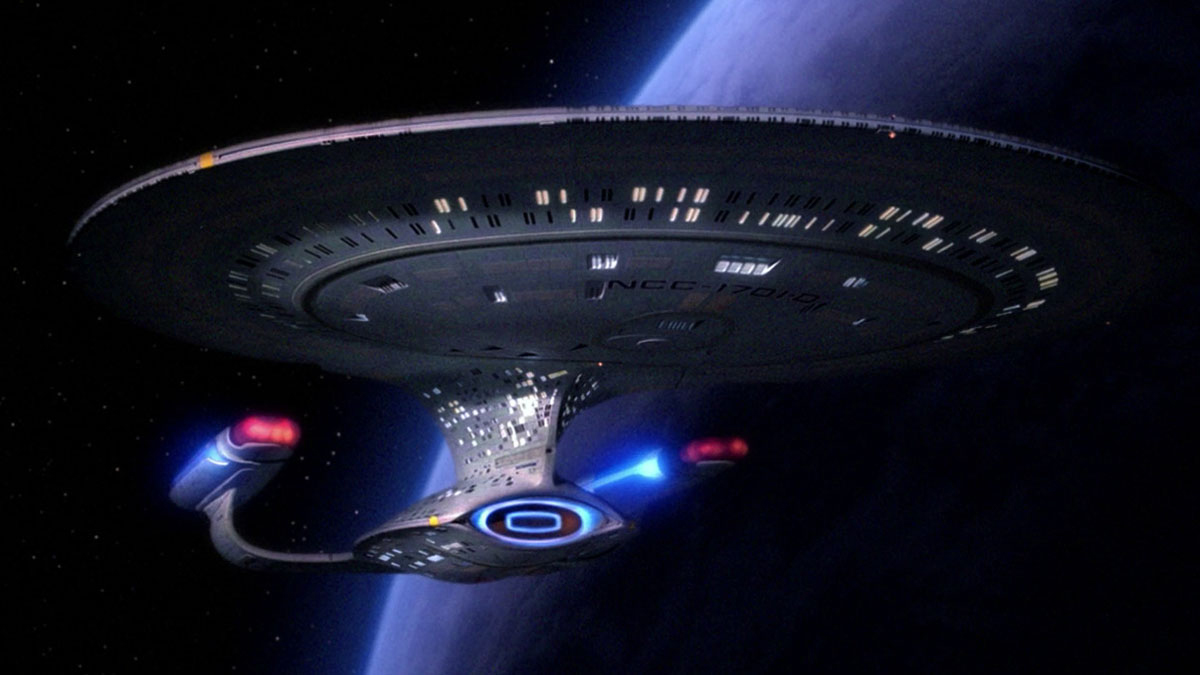
In 1987, the starship Enterprise fired up its warp drive on the small screen again with Star Trek: The Next Generation, a sequel set a century after The Original Series. Starring Patrick Stewart as Captain Jean-Luc Picard (the best Star Trek captain, sorry if this offends), The Next Generation benefited from advances in technology and TV storytelling that had been made since the first show went off the air. A mixture of one-off adventure episodes and larger serialized stories involving various threats to the United Federation of Planets, TNG is perhaps the ideal updating of a classic IP. It certainly revived Star Trek and gave the series a new sense of momentum that would spawn even more shows and carry it into the new millennium.
6. Neon Genesis Evangelion
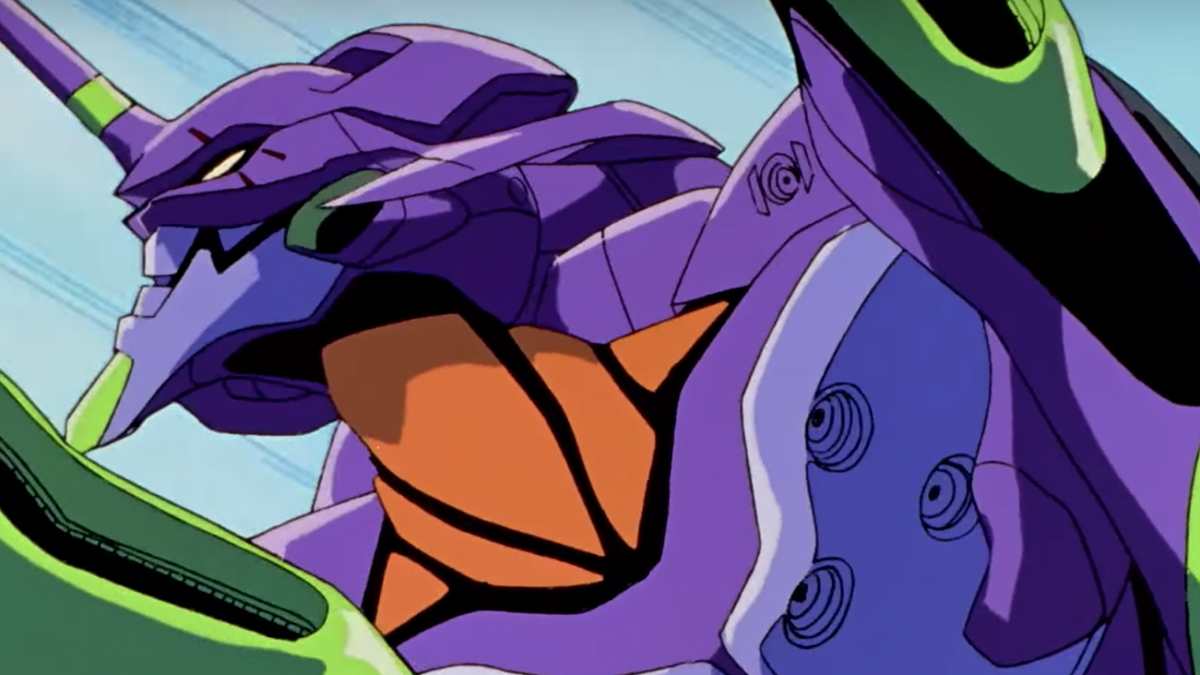
One of the most revered and best anime series of all time, Neon Genesis Evangelion starts as more or less your typical giant robot cartoon. (It's a rich subgenre—any number of Gundam shows probably deserve a spot on a list of great sci-fi shows.) However, Neon Genesis Evangelion quickly reveals itself to be something much darker and complex, more interested in the psyches of its teenage pilots like Shinji Ikari and Rei Ayanami than just kaiju-sized action. An exploration of religion, mental health, and philosophy, Neon Genesis Evangelion is an unequivocal masterpiece.
5. For All Mankind
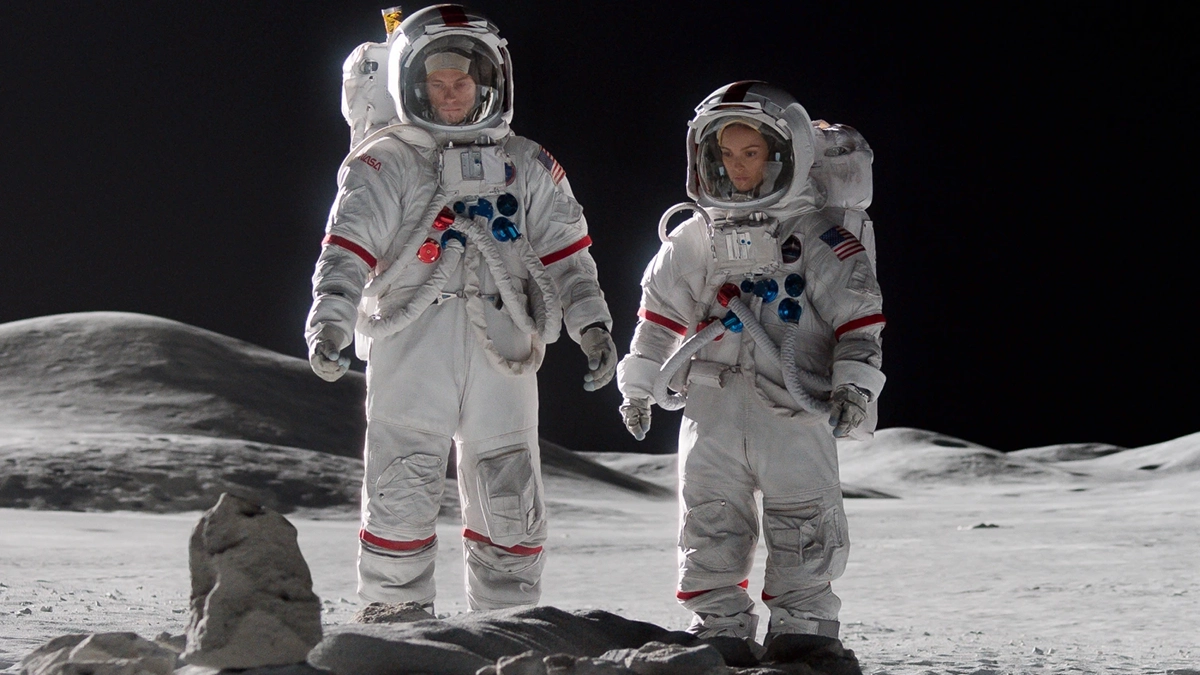
The best sci-fi show on Apple TV Plus starts with a simple question: "What if the Soviet Union won the Space Race?" The pilot begins with the Russians landing on the moon before Neil Armstrong made his one small step for man, and as a result, in this alt-history, the Space Race never ends. Soon, America and the Soviets are reaching further and further for the stars, putting a base on the moon in the '70s and going to Mars in the '90s. Full of engaging characters and nail-biting scenes of tense outer space action, For All Mankind is also a profound look at a reality that might have been if society were still focused on reaching for the heavens.
4. The X-Files
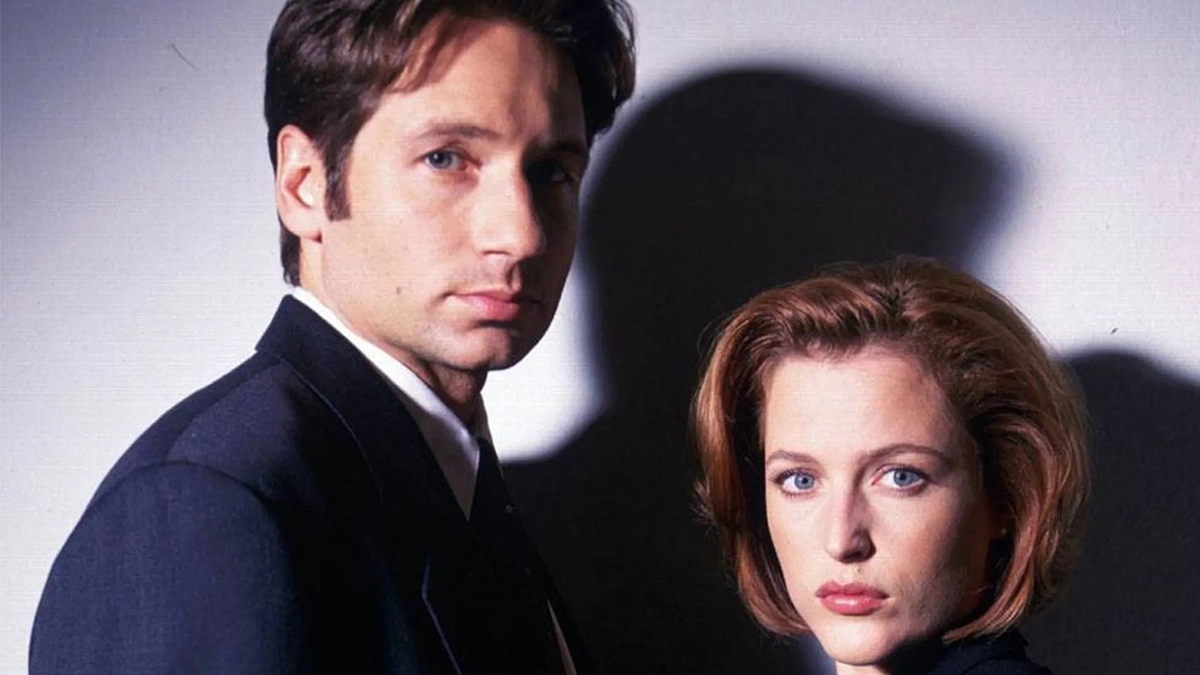
Special Agents Fox Mulder (David Duchovny) and Dana Scully (Gillian Anderson) enthralled TV watchers with case after case of strange phenomena, ranging from alien conspiracies in the highest levels of government to one-off "monsters of the week" like a humanoid leech. They also captivated audiences with their will-they-won't-they chemistry. The X-Files is and remains an incredible work of TV storytelling, coming at a time when the medium was starting to broaden its ambitions about the scope and serialized nature of tales a show could pull off.
3. Star Trek: Deep Space Nine
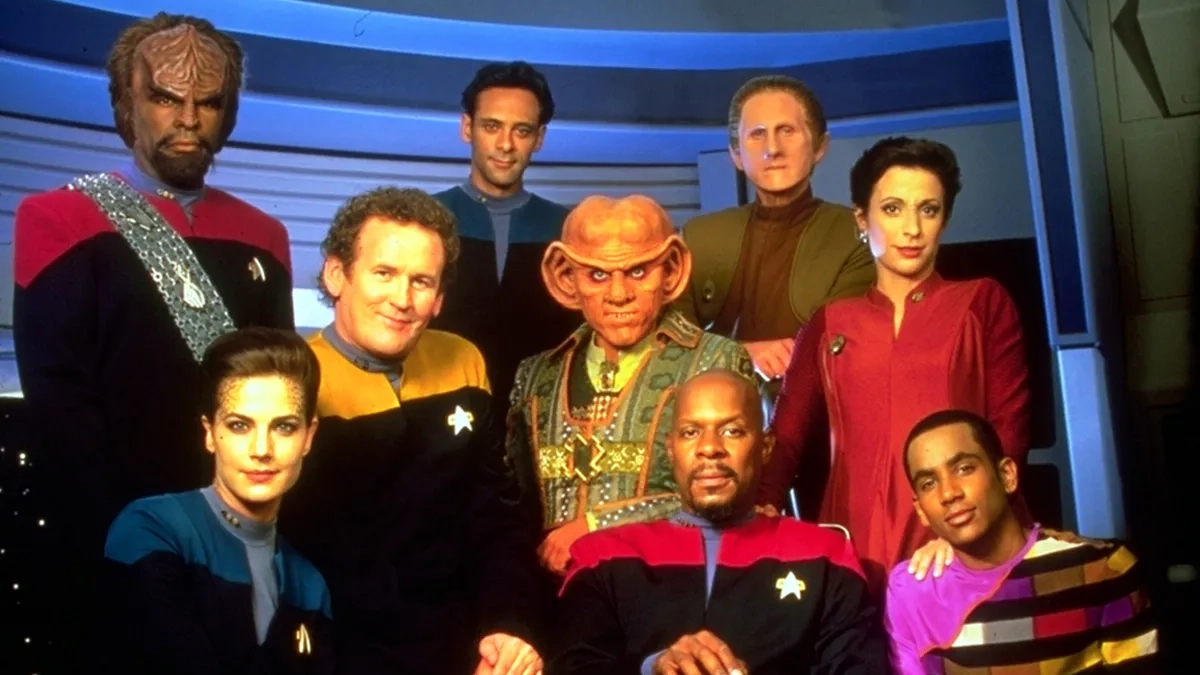
The "cool" pick for the best Star Trek series, Deep Space Nine, came on the heels of The Next Generation and managed to tell an even more complex sci-fi story. Notable for introducing moral ambiguity and shades of gray to a series that had previously been fairly utopian space adventures, Deep Space Nine is set on the titular space station near a wormhole connecting the United Federation of Planets's territory with the Gamma Quadrant—a region of the galaxy on shaky terms with the Federation (at best). The Dominion war arc is widely regarded as a high point of the entire franchise.
2. The Expanse
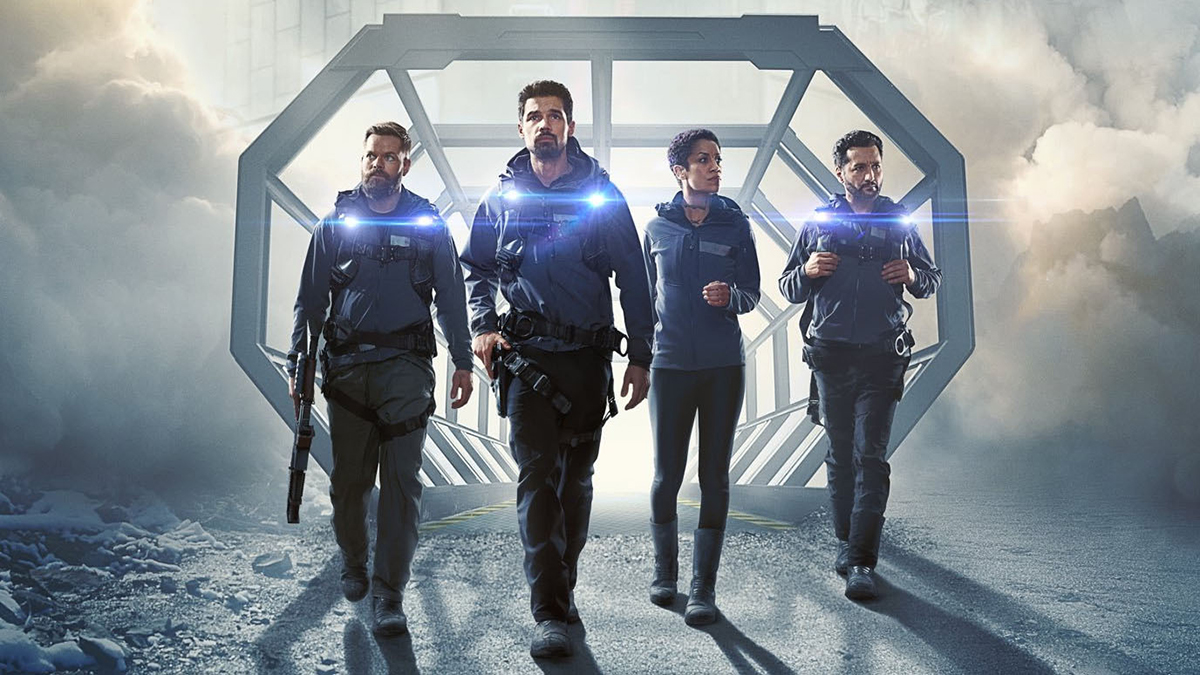
The elevator pitch for The Expanse might as well be "Imagine a sci-fi Game of Thrones." The show, which ran on SYFY for three seasons before Amazon picked it up for three more, is set in the future when Earth, Mars, and colonies in the asteroid belt have all become distinct political entities, and tensions are high. It's in this setting that a diverse group of people, hailing from all the various corners of the system, find themselves in the middle of a crisis mankind has never encountered before. More realistic (to a point) than most sci-fi shows, The Expanse is captivating, exciting, and smart TV.
1. Andor
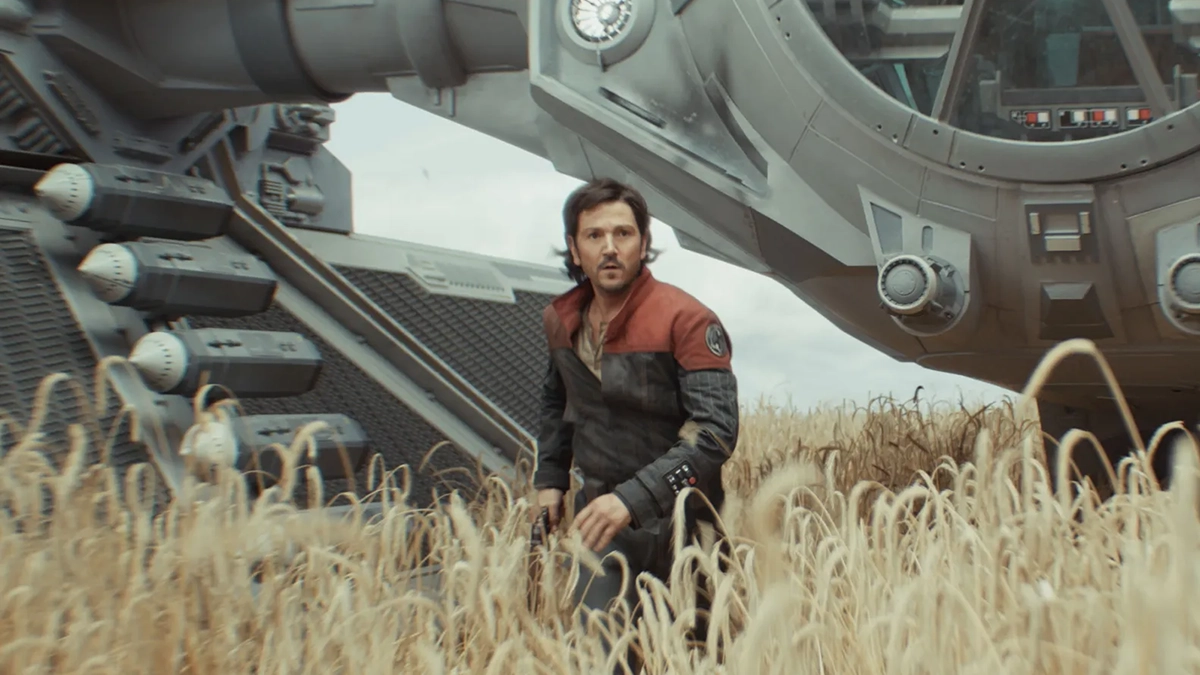
Andor isn't just one of the best things Star Wars has ever done or one of the best sci-fi TV shows from the beloved franchise; it's one of the best TV shows, period. A spin-off to Rogue One, itself a prequel to the original Star Wars film, which started it all, Andor is an origin story for the titular Rebel spy—and so much more. Amidst the familiar Star Wars aesthetic, there's a remarkably hard-boiled, engaging, and highly relevant espionage story that directly looks at fascism and how evil Empires rise. And, hopefully, how they can be resisted and toppled.
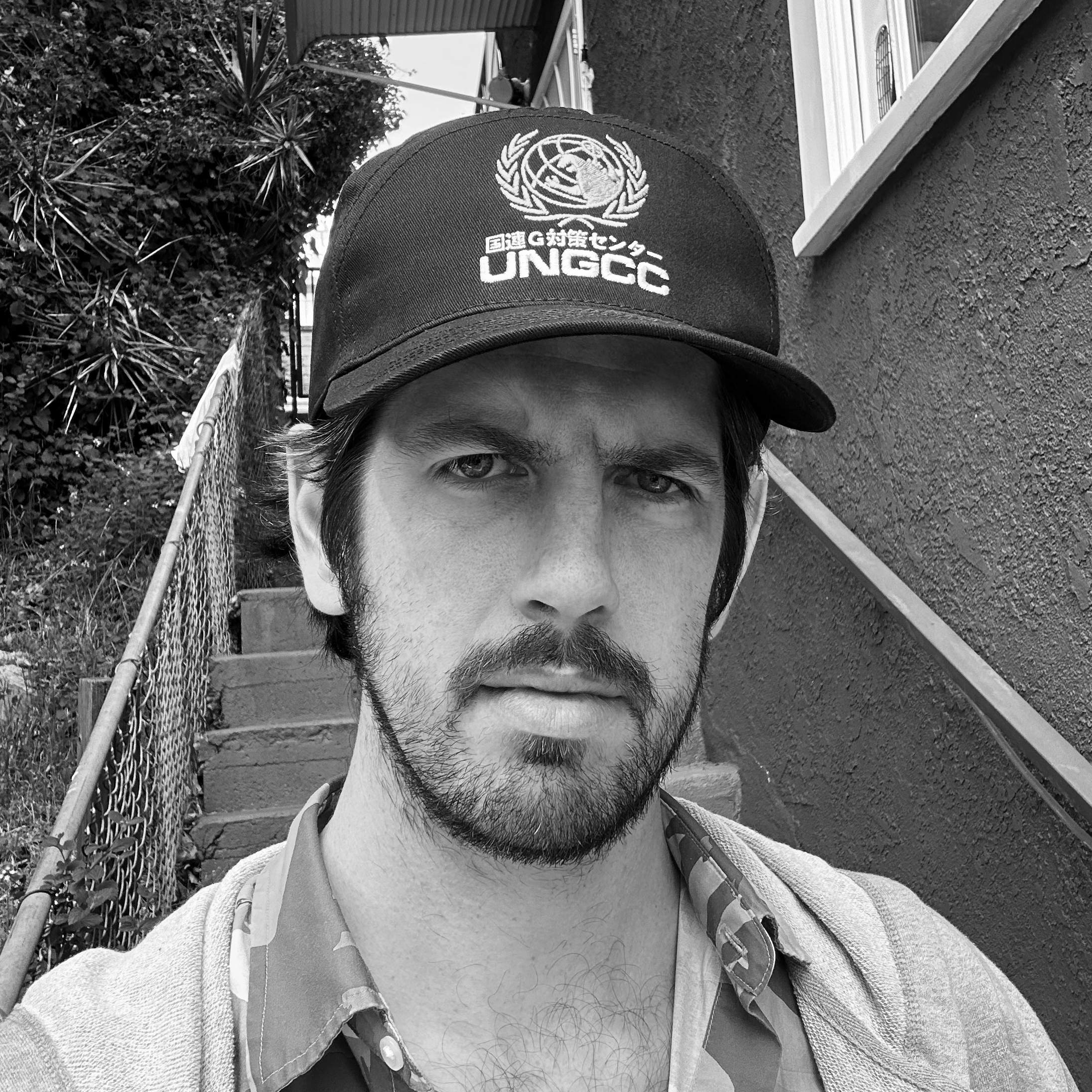
James is an entertainment writer and editor with more than a decade of journalism experience. He has edited for Vulture, Inverse, and SYFY WIRE, and he’s written for TIME, Polygon, SPIN, Fatherly, GQ, and more. He is based in Los Angeles. He is really good at that one level of Mario Kart: Double Dash where you go down a volcano.
You must confirm your public display name before commenting
Please logout and then login again, you will then be prompted to enter your display name.
